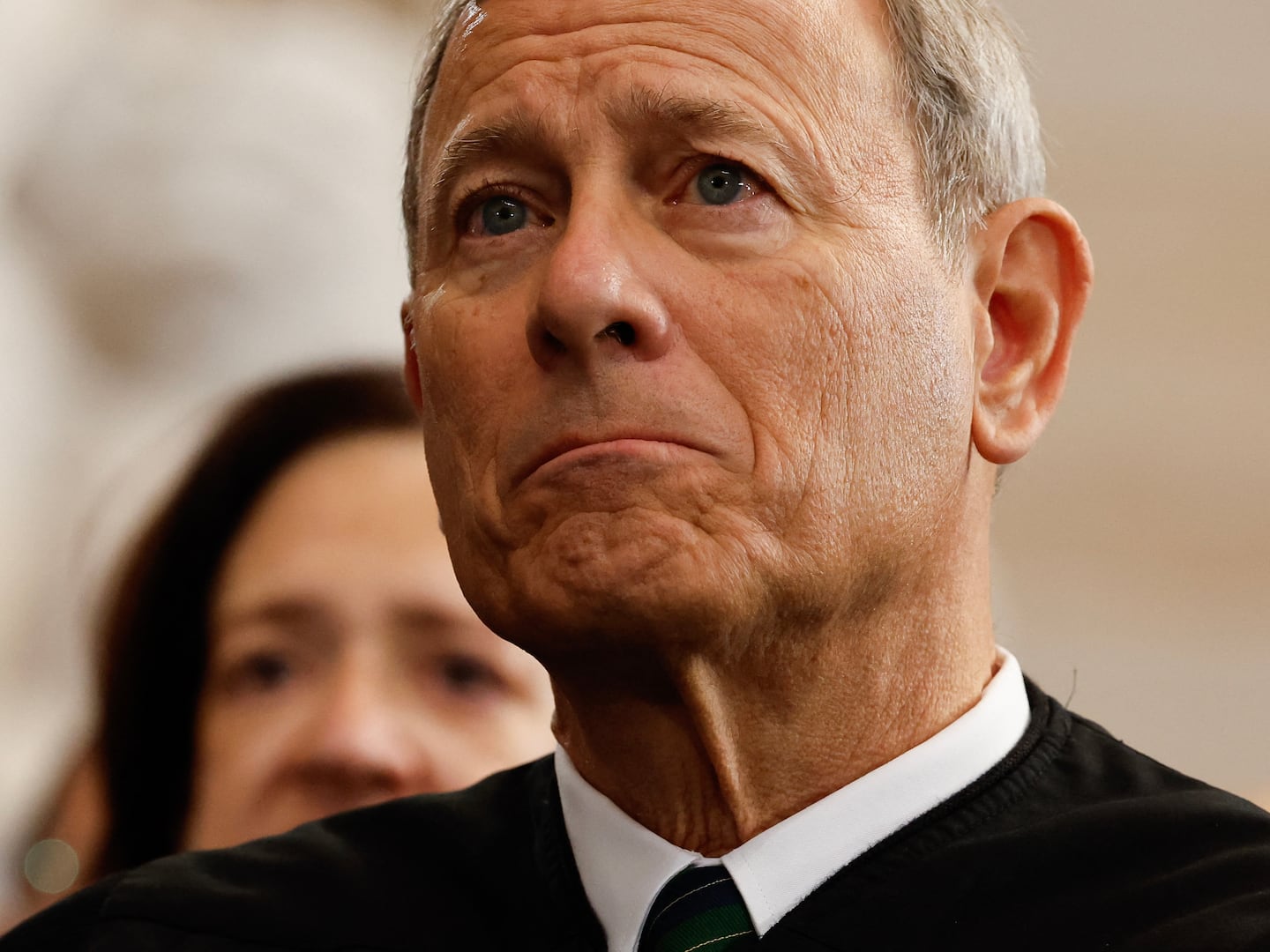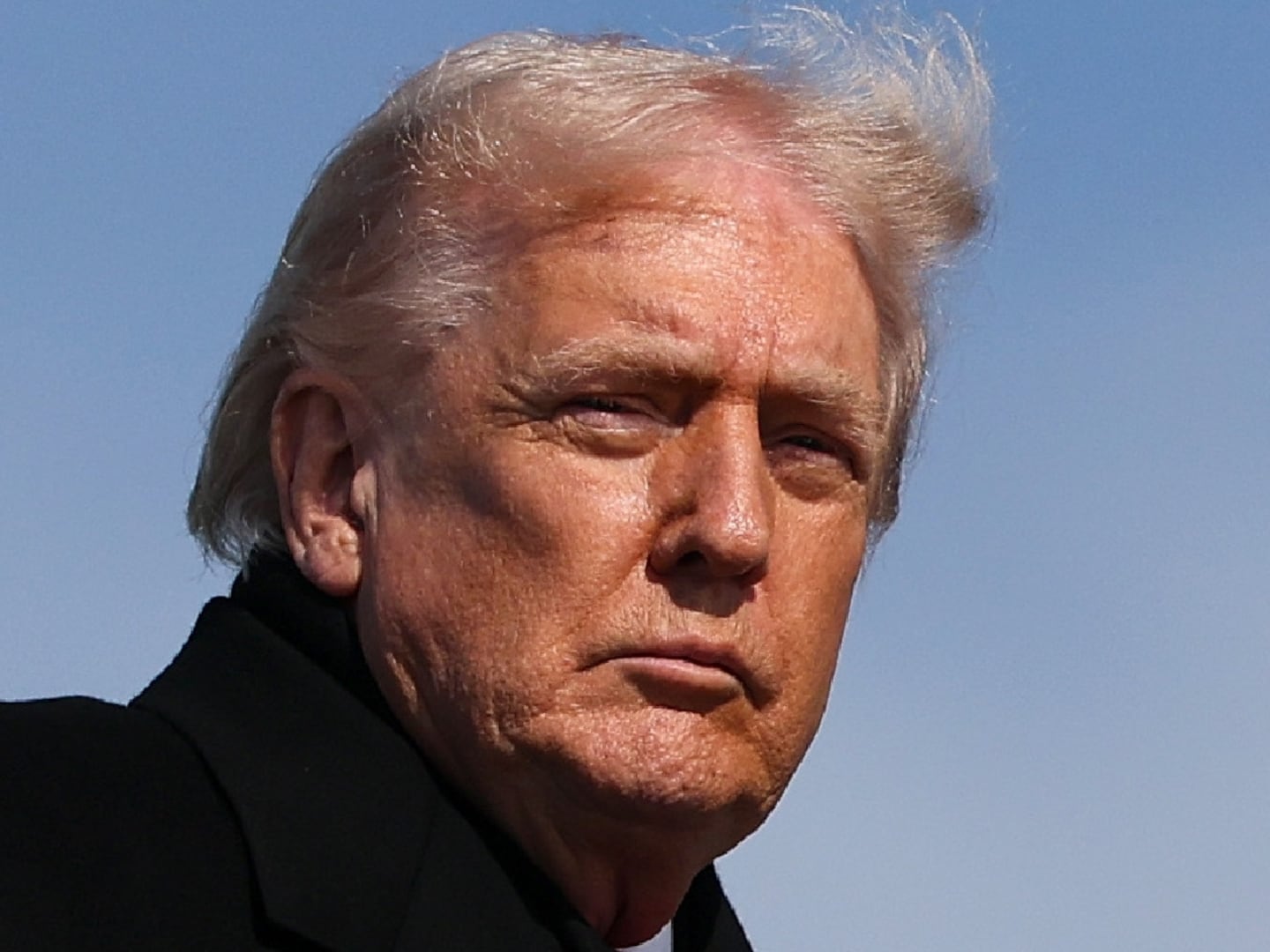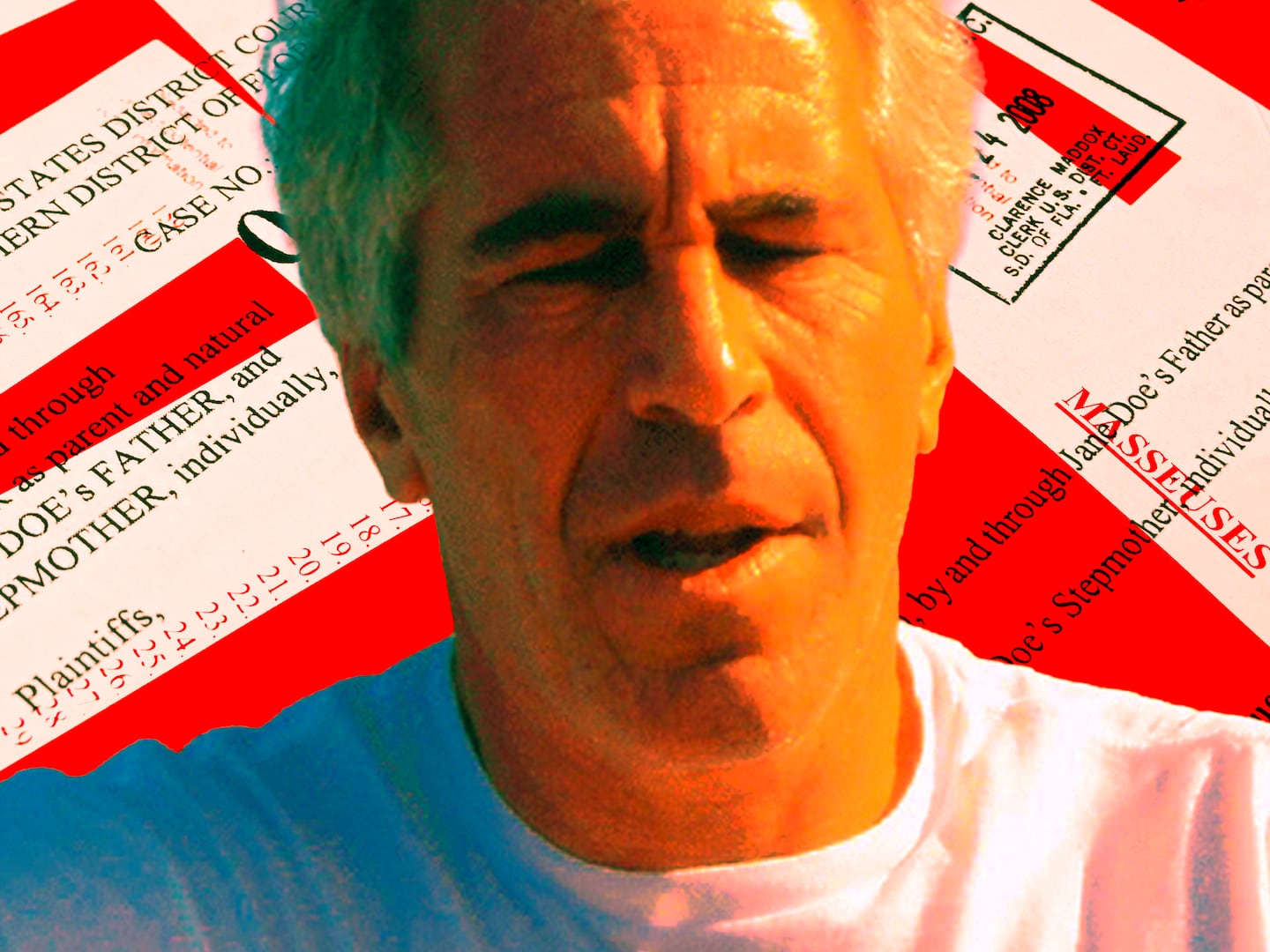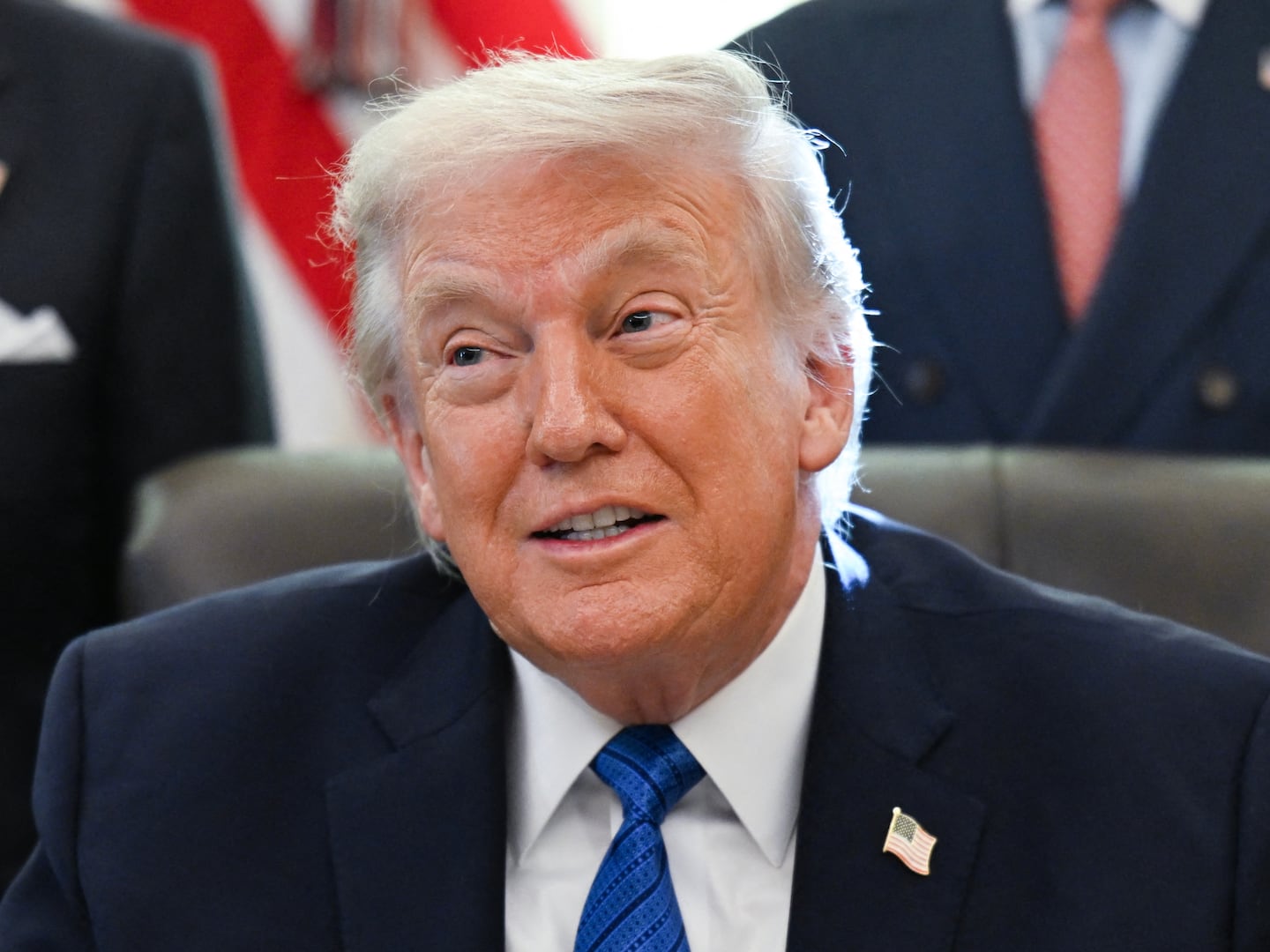When I was in Washington, D.C., last week, the talk among the pundits from the think tanks and newspapers was all about whether the next president of Egypt will be either Amr Moussa or Abdel Moneim Aboul Fotouh. In the absence of any real data or a clear frontrunner, everyone assumed that the two with the highest media profiles would be the ones entering the runoff. One week later, this no longer rings true. The betting now is that neither of them will make it. Why? Because they are both gray, and Egyptians are no longer interested in gray when it comes to their president, only black or white. So Fotouh and Moussa are now stagnating, and Mohamed Morsi, Ahmed Shafiq, and Hamdeen Sabahi are all rising in the polls. Why? Because they are not gray.

Fotouh and Moussa tried to position themselves as the two major centrist candidates from the start, one as the centrist Islamist candidate and the other as the centrist “civil” (secular is such a naughty word, we are told) candidate. Both hoped to rally different factions to get the biggest number of votes possible. Smart strategy, but not after a revolution, and especially not after the tumultuous year and a half that Egyptians have spent trying to figure out what exactly is going on in this country and where it is headed. The Egyptian voter would like some clarity, and neither one of those candidates offered them that, which was incredibly evident in the debate that took place between them last week.
Maybe someone should’ve explained to both men that you are not supposed to debate your opponent in presidential debates, but rather use the time and media attention to talk to the undecided and give them the messages you were prepped to deliver by your handlers, instead of coming off looking like bickering old hags.
When they weren’t attacking each other in the most undignified ways possible, both candidates gave the most centrist answers they could come up with. And both came out looking wishy-washy to undecided voters. That was one presidential debate that no one won, and it left the average Egyptian voter thinking that neither candidate should be elected president.
There are arguably six Egyptian voting blocs: Muslim Brotherhood, non–Muslim Brotherhood Islamists (mostly Salafis), liberals, revolutionaries (many leaning left and the majority are supporters of Mohamed ElBaradei), old-regime backers, and independents. Moussa was counting on liberals, old regime backers, independents, and some revolutionary voters who will see him as the only alternative to the Islamists. Fotouh was counting on getting the ElBaradei supporters, the independents, some liberals, and some of the Muslim Brotherhood votes. Both candidates hoped to amass enough votes to get into the runoff elections, and both are now facing the possibility that their calculations might be wrong.
Morsi secured the Muslim Brotherhood votes because he unquestionably represents that bloc. Sabahy, a non-Islamist through and through, got almost all of the ElBaradei and revolutionary votes, and Shafiq has become the great hope of old-regime backers because he has been very vocal about his opposition to the revolution and because he stands as a reminder of the so-called good old days under Mubarak, when everything worked, the streets were secure, and Islamists didn’t dare attempt the shenanigans they want to engage in now. Those respective groups finally found the candidate that they feel comfortable supporting, which leads us to the ultimate question: who, exactly, will vote for Fotouh and Moussa?
Well, with those three main groups out of the way, this leaves both candidates with a more limited pool of potential supporters, which may not offer them the best options or positioning. Fotouh has won the backing of the Salafi Noor Party. But that immediately raises questions about what kind of deal he may have made with them and how centrist he truly is. Were his wishy-washy answers in the debate merely an attempt to fool the center into voting for an Islamist candidate? He still has the backing of a few revolutionary supporters, including such famous leftist activists as Wael Khalil and the revolution’s onetime symbol Wael Ghonim. But even they are finding it harder to defend him as he journeys around the country with the Salafis or issues statements about his intentions to shut down alcohol factories.
Moussa is not having it any easier, because the liberals are divided over supporting him. Their reasons vary. Some don’t want to vote for such a symbol of the Mubarak era. Others suspect that he is mostly interested in the presidency for his own glory and ego, not because he genuinely wants to save the country. And others believe that Moussa is too much of a politician to take a principled stand on civil liberties against the Muslim Brotherhood and that he may very well compromise on those issues for the sake of his own political gain. This presents another problem for the liberals: if not Moussa, then who? The immediate result is that liberal votes are divided among those who choose to back Moussa because he is an acceptable compromise, those who will back Shafiq because their friends are doing so, and those who will hold their nose and vote for the Nasserite Sabahi because they believe he won’t compromise on civil liberties, even if it means hurting their economic interests.
Make no mistake, many independent votes will go to Moussa, especially from Upper Egypt, but he doesn’t have the support of the majority—or even half—of the independent votes, which seems like they will splinter among all candidates. Unless Moussa engages in a final Hail Mary before the elections, it is quite possible that he will not reach the runoff. His only hope lies with ignorant independent voters, who will vote for the name they know on the ballots. But even then, the names of the other candidates are by now familiar to most of those voters, so it really is anyone’s game.
Either way, neither Moussa nor Fotouh will get the large centrist majority needed to win the first round or at least secure a place in the runoff. They might still get in, but it will depend on their get-out-the-vote campaign on election day. And while Sabahi has the ElBaradeites, Morsi the Muslim Brotherhood, Shafiq the old National Democratic Party, and Fotouh the Noor Salafi machine, Moussa doesn’t really have anyone but his campaign and the few liberal parties that have supported him. There are no excited, hardcore Moussa supporters out there. He is far too gray.
This is nothing new for Egyptians, who do not usually vote for centrist parties. Take the case of ElAdl Party, a great party filled with honest revolutionaries and genuine leaders. It entered the parliamentary elections focused on winning the centrist votes. It presented itself as an alternative to the Islamism of the Muslim Brotherhood–controlled Freedom and Justice Party, the Noor Salafi Party, and the thinly veiled secularism of the Egyptian bloc. And yet its candidates ended up the biggest losers in the elections, winning only one seat, because they were too centrist, which the average Egyptian voter viewed as attempting not to take a side.
The same logic applies to the presidential elections, and it underlines a fundamental political truth that everyone on the Egyptian political scene seems to ignore: you can’t synthetically create a center. A center is formed when two opposing forces of equal power and clearly different ideologies are fighting for control, thus creating the political balance that allows a center to emerge. This doesn’t exist in Egypt, which is why Fotouh is turning more and more Islamist to appease his new Salafi supporters, and Moussa is finding himself up the creek without a paddle.
On a final note, Egypt’s presidential election has one last achievement to add to the list of the revolution’s accomplishments so far: it has killed all ideologies. We have leftists supporting an Islamist candidate and liberals supporting a Nasserite leftist. There is a revolutionary workers-rights candidate who didn’t get the support of the workers and ended up only getting nominated by M.P. signatures from parties that he considered anti-revolutionary. And there are revolutionaries who bitterly opposed strong executive powers who are now begging for a constitution that doesn’t turn Egypt into a parliamentary system now that the Islamists have taken over the parliament. It’s a fine mess with a million and one questions, all begging for black-and-white clarity. So far, the answers are clear as gray.






